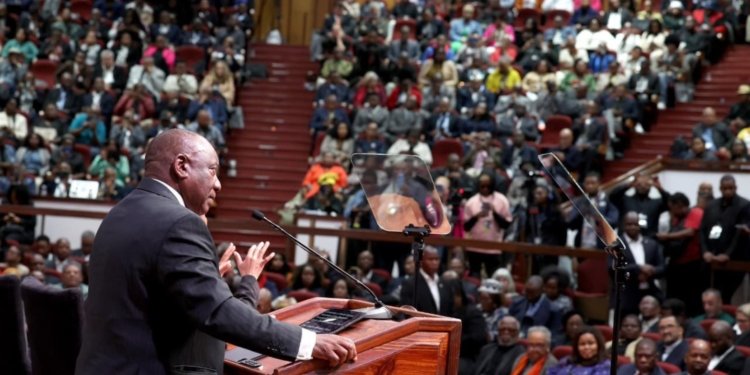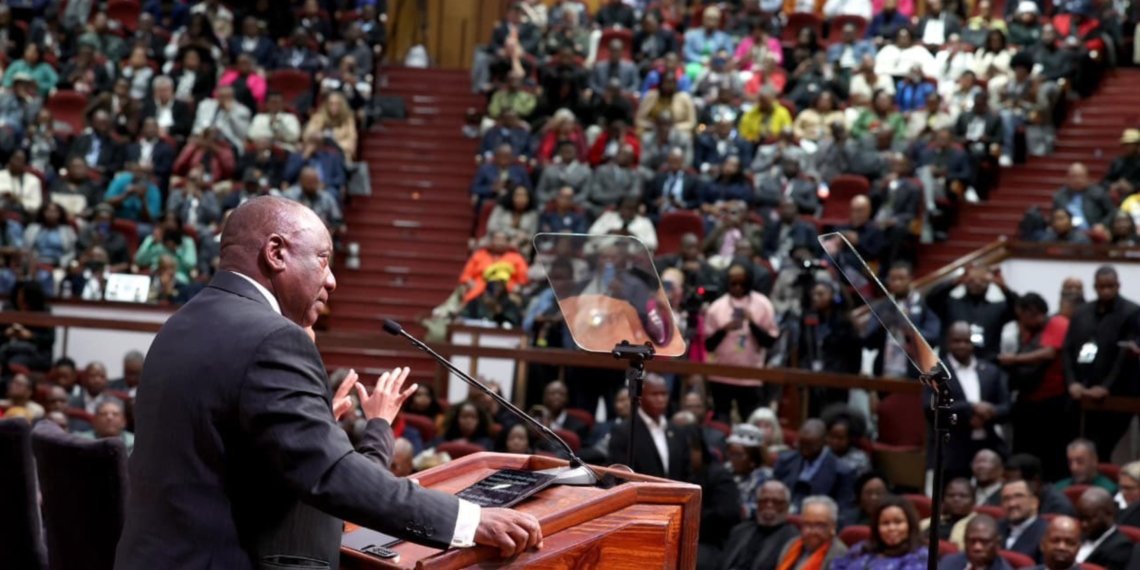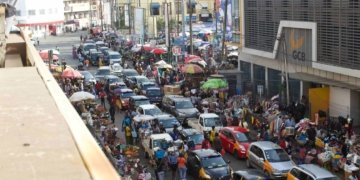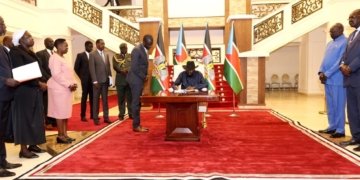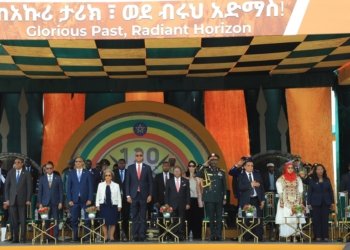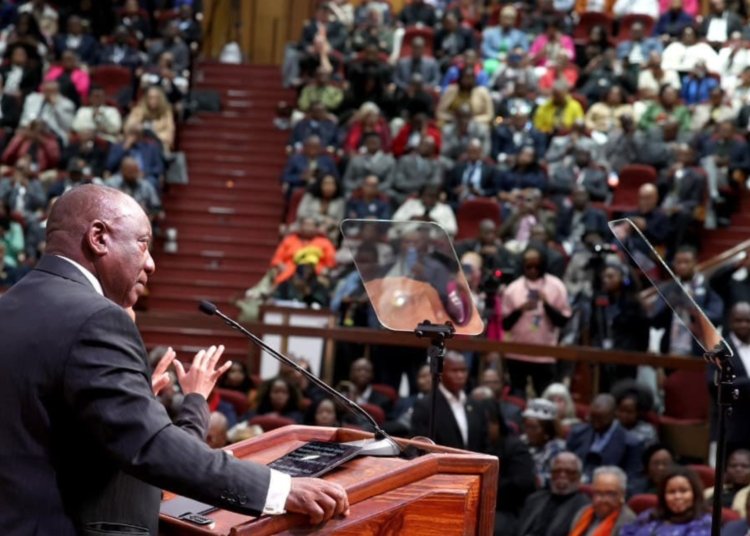South Africa’s President Cyril Ramaphosa’s National Dialogue initiative has drawn fierce criticism over its R700 million ($39.8 million) preliminary budget and suffered major political withdrawals, raising questions about the Government of National Unity’s flagship reconciliation effort.
The National Dialogue aims to create a new social compact to address South Africa’s economic hardship, unemployment, inequality and institutional crisis.
The initiative envisions nationwide consultations leading to concrete solutions for the country’s most pressing challenges, including poverty, crime, corruption, gender-based violence, slow land reform, poor governance, and social fragmentation.
The Democratic Alliance, a key Government of National partner, withdrew from the process in June after party leader John Steenhuisen dismissed it as a “talk shop” and “electioneering ploy.”
ActionSA and the uMkhonto weSizwe Party have also refused to participate, while several foundations established by former African National Congress leaders pulled out over concerns the process shifted from citizen-led to government-controlled.
The ANC, which has ruled South Africa since the end of apartheid in 1994, lost its parliamentary majority for the first time in the 2024 elections, forcing it into the current Government of National Unity.
The Presidency clarified that the R700 million ($39.8 million) figure represented a draft estimate from the preparatory task team, not an official allocation.
Officials said government would cover about 60% of costs, with private donors funding the remainder.
Ramaphosa has promised to keep expenses low, but the figure continues to fuel criticism about wasteful spending during South Africa’s cost-of-living crisis.
Launch Proceeds Despite Boycotts
The two-day national convention launched August 15-16 at the University of South Africa, drawing over 1,000 participants from more than 200 organizations.
Ramaphosa told attendees the dialogue would serve as a non-partisan platform where “no voice is too small and no perspective is too inconvenient to be heard.”
The president acknowledged the nation’s “profound challenges” including economic hardship, unemployment, inequality and institutional confidence crisis.
He called for solutions “bold enough to inspire, practical enough to implement” and described the process as launching “a million conversations.”
An Eminent Persons Group led by Professor Tinyiko Maluleke and Roelf Meyer, including rugby captain Siya Kolisi and humanitarian Dr. Imtiaz Sooliman, will guide the process through phases spanning local consultations to future national conventions.
Expert Criticism Mounts
Political economist Moeletsi Mbeki said the dialogue’s credibility has eroded because it became government-controlled rather than citizen-led as originally promised.
The continuing participant withdrawals indicate the process is “failing to live up to its initial promise,” Mbeki told Newzroom Afrika.
Civil society groups and academics question whether the high-profile approach can deliver results.
Critics from the Institute for Security Studies and Ilitha Labantu argue South Africa lacks political will and implementation capacity, not problem diagnosis.
They worry the dialogue will become another “tick-box exercise” failing to address gender-based violence and youth unemployment.
The Labour Party of South Africa filed an unsuccessful court application to halt the dialogue, calling it unconstitutional and fiscally irresponsible duplication of Parliament’s role.
Government Presses Forward
Despite the criticism and boycotts, officials say nationwide consultations will continue throughout the year.
The initiative’s success depends on its ability to move beyond political and financial controversies to engage communities at grassroots level.
For supporters, the dialogue represents South Africa’s final chance for unity. Critics view it as distraction from persistent government failures.
The first convention aimed to set agendas for thousands of public dialogues scheduled across the country over the next six to eight months.
